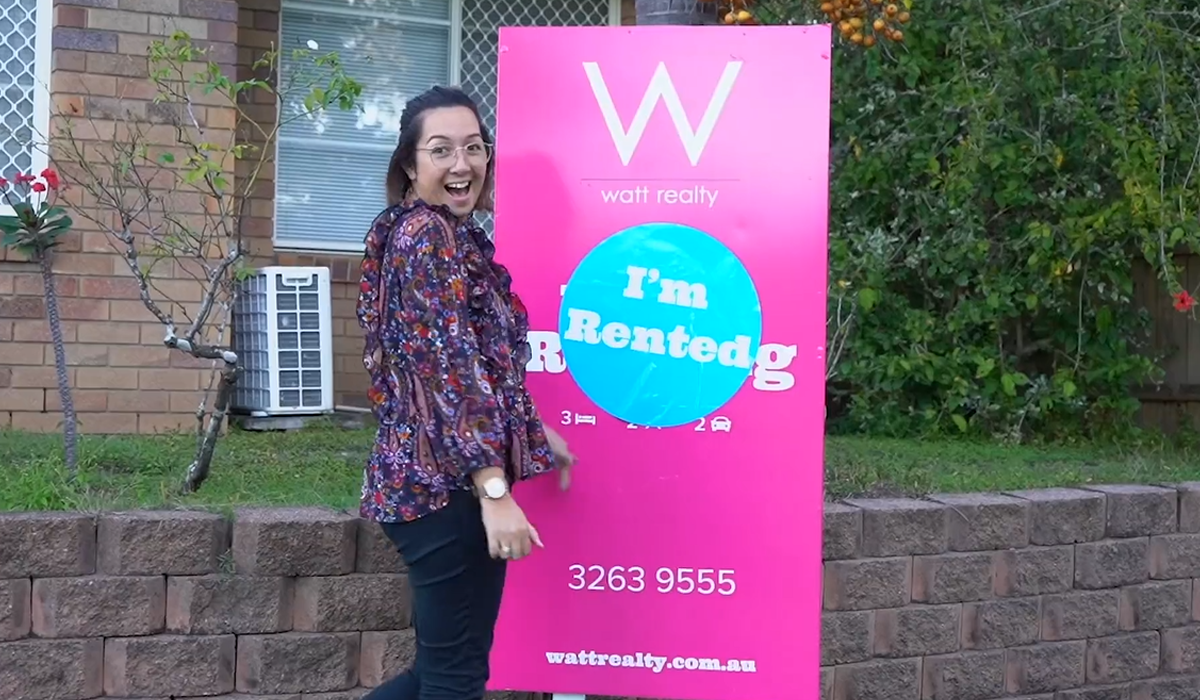Some say we need more build-to-rent properties or more social housing, or new investment property taxes … the list goes on.
Others are calling for a rent freeze.
For tenants – it sounds great!
For landlords – it sounds terrifying!
But what exactly is it?
The Australian Housing and Urban Research Institute (AHURI) explains that a rent freeze is when landlords can’t increase rent for current tenants, or possibly even new tenants. It is usually for a specified time such as two years.
This is not to be confused with a rent cap – such as the rent cap introduced in Queensland from 1 July 2023, which places a limit on how often rents can be increased, to once a year.
While some Aussie politicians debate the pros and cons of a rent freeze, it seems the benefits of a rent freeze are disputed.
“While it is true that tenants who are not evicted may gain temporarily, tenants as a whole lose as rental accommodation is withdrawn, fewer new places are provided, and maintenance of rent-controlled housing deteriorates,” UNSW School of Banking and Finance Professor, Dr Peter Swan, told The Property Tribune.
The problem occurs when landlords, concerned about rent freezes or unable to service their costs with a rent freeze, choose to sell their property instead, leaving tenants without a home and fewer rental properties in the market.
Dr Swan says any solution to the rental challenge must consider tenants and landlords, and ultimately boost rental housing supply.
What to add a rental property to the market? Talk to us about landlording.
Looking for a rental to call home? Check our listings for rent.
